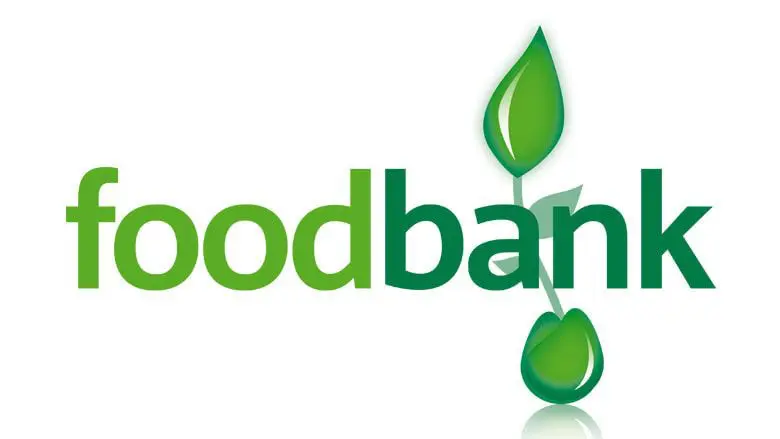Matthew's story is one of perseverance and positivity. After working...
Read MoreHow do Foodbanks work?
Food is Donated
Schools, churches, businesses and individuals donate non-perishable, in-date food to a food bank.
Food is Sorted & Stored
Volunteers sort food to check that it’s in date and store it ready to be given to people who are referred to food banks in crisis. More than 40,000 people give up their time to volunteer at food banks across the UK.
Professionals Identify People in Need
Food banks partner with a wide range of care professionals such as doctors, teachers, health visitors and social workers to identify people in crisis and give them a food bank voucher to access emergency food.
People Referred Receive Food
People bring their voucher to a food bank centre where it can be redeemed for three days’ emergency food. Volunteers welcome people and offer them further support to help resolve the crisis they face.
